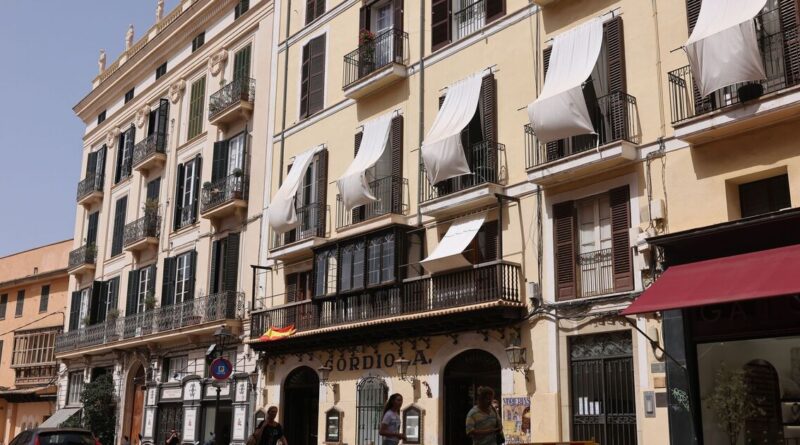Spain’s Balearic Islands slap down new restrictions in win for British expats | World | News
Balearic Islands authorities have come out against proposed restrictions on potential expats purchasing homes. The proposal resulted from the Canary Islands’ request for help from the European Union to try and control the number of foreigners buying homes. Despite both destinations suffering from overtourism and issues within the property market, the Balearic Islands have refused to take any action involving any limits regarding foreigners.
On the other hand, limits have been formally requested of the EU by the Canary Islands. There have also been proposals by Spain’s Prime Minister, Pedro Sanchez, to either charge non-EU non-resident property buyers a 100% tax or completely ban them from buying homes in Spain, if they have no connections to the country, reports thelocal.es
Additionally, a petition was set up to demand temporary residents to apply for the right to buy. However, that proposal has already been rejected in Congress.
Properties in Spain are on the rise. Data from Spain’s National Statistics Institute (INE) shows that the average property price in the Balearics has increased by 30% in the last five years. Rent has gone up by 40%.
Yet, the Director of Institutional Relations and Parliamentary Affairs for the Balearic Islands, Francisca Ramis, recently shared that she is opposed to restricting foreigners from purchasing homes as it violates the free market, disregards fundamental rights, and contradicts EU rules.
She noted that the proposed limits by the Canary Islands government ” are not a solution” for the Balearics, which are also experiencing high levels of tourism. To control the issue, various measures, including a tourism tax, restrictions on rental cars, and cruise ships in ports, have been taken.
“We have to remember that we are Europeans and that we cannot go against the regulations set by the European Union,” she said, conceding that the Balearic Islands is, as with the Canary Islands, suffering a lack of housing and mass tourism but added that “we have to live with it”.
Regarding the housing shortage, Francisca Ramis noted that recent changes have made the process of building more homes simpler.





